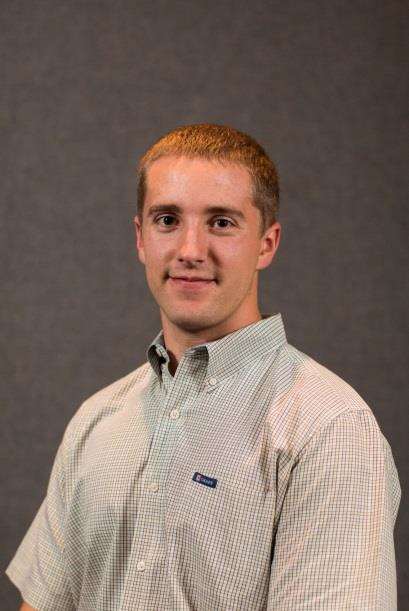Four Canadian youths under 25 years old will head to Belgium this October
By Diego Flammini
Assistant Editor, North American Content
Farms.com
One hundred of tomorrow’s bright agricultural minds will meet in Brussels, Belgium from October 9 to 13 during the 2017 Youth Ag Summit.
Representatives from 49 countries, who range in age from 18 to 25, will participate in themed discussions of “Feeding a Hungry Planet” and address the United Nations’ Sustainability Goals.
Cassandra Hayward of Nova Scotia, Brandon Hebor from Toronto, Alexis Wagner from Newfoundland and Cameron Olson from Alberta will represent Canada.
Farms.com caught up with Olson, who’s currently pursuing a Master’s Degree in Animal Science at Texas A&M University.
Farms.com (Farms): What inspired you to think about participating in the Youth Ag Summit?
Cameron Olson (CO): Over the last few years I’ve been given the opportunity to travel to Mexico and the Dominican Republic to collect research data. We were out of the cities and away from the resort-style towns most people are used to going to. The needs that are out there in the developing world, in terms of nutrition and getting enough to eat, really opened my eyes.
Farms: A big term in the industry nowadays is sustainable agriculture. What is an important element of sustainable ag?
CO: The biggest key to sustainable agriculture is defining sustainable. I think a lot of people and organizations have struggled to come to a consensus of a proper definition. Within agriculture, we have crop production and animal production. And, within those groups, we have vegetable versus cereal crops and things like beef cattle versus dairy goats. All of these separate things are going to require a different definition of sustainable.

Cameron Olson
Farms: In order to be selected for the summit, you had to write an essay about the UN’s Sustainable Development Goals. What did your essay include?
CO: I wanted to make sure beef cattle was presented as a viable option for the future of providing nutrition around the world and retaining youth in agriculture so we have the workforce to produce the food.
Farms: What do you hope to contribute to the summit?
CO: I think I have a strong beef cattle and animal agriculture background and hope to bring that viewpoint. I think it’s easy for animal agriculture to be overlooked at conferences like this. It can be easy to forget how beneficial ruminant animals are to ecosystems, to providing nutrition, and as a source of power and movement in terms of draft animals.
More information can be found on the summit’s website or by following @YouthAgSummit on Twitter.